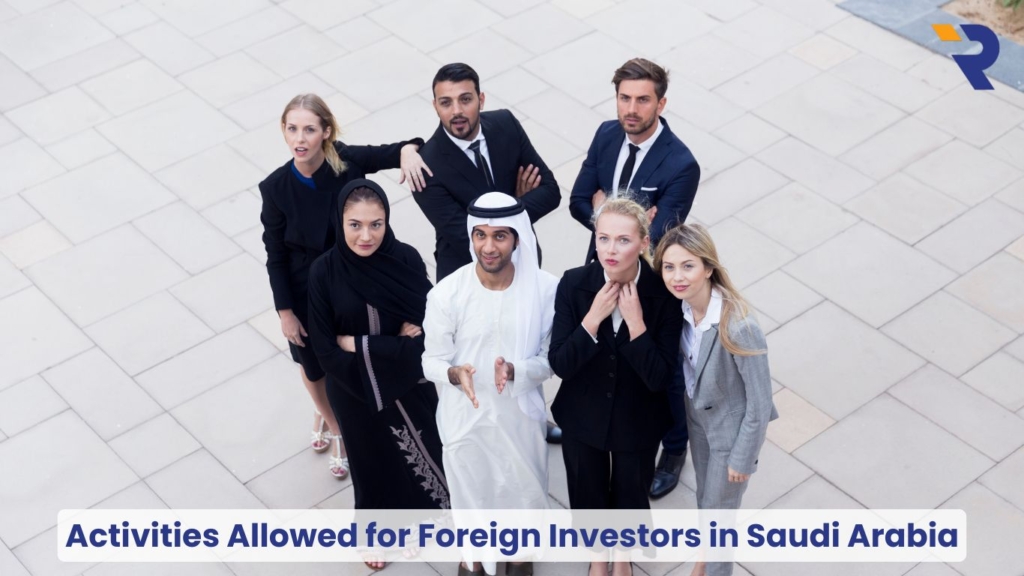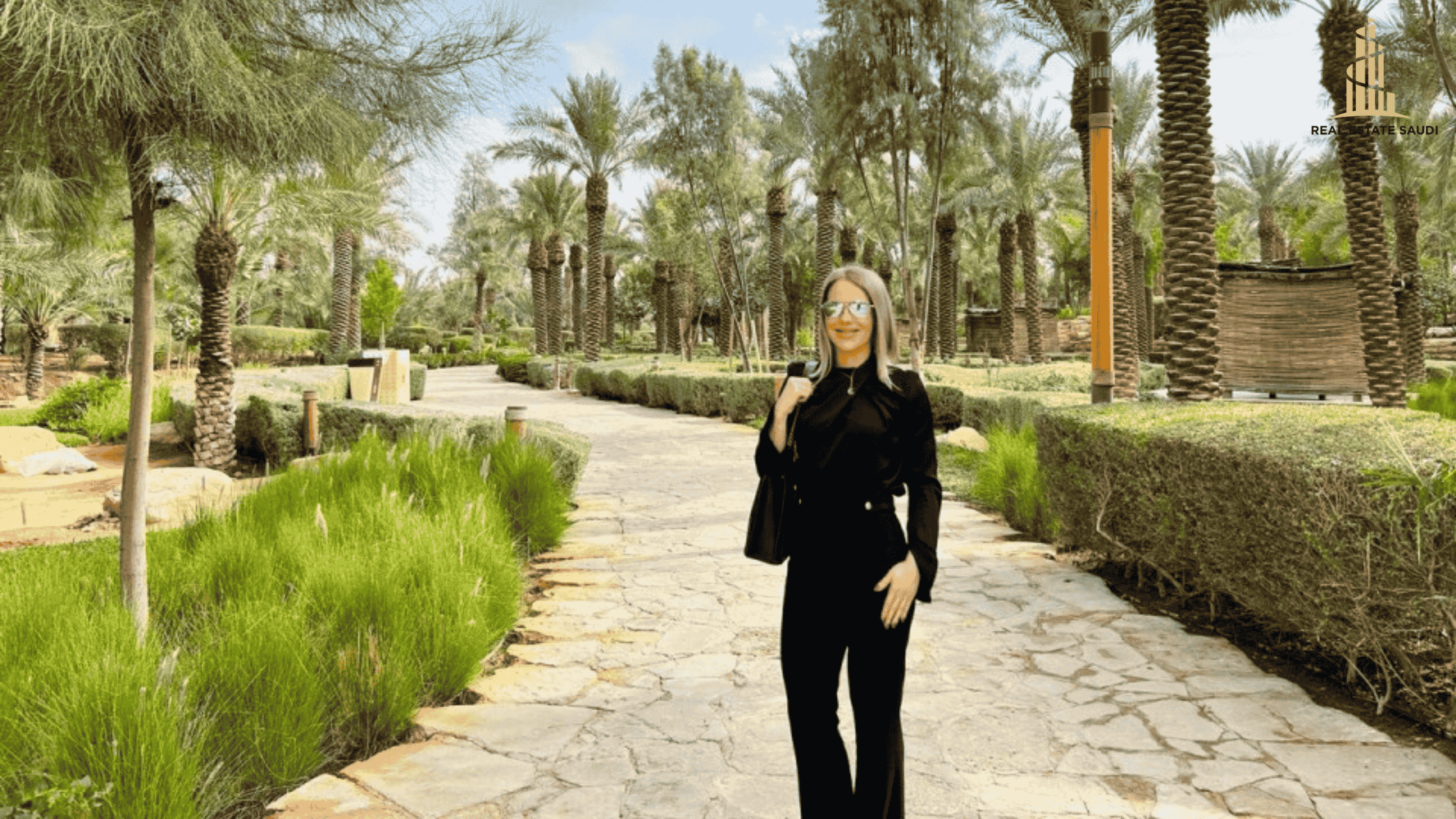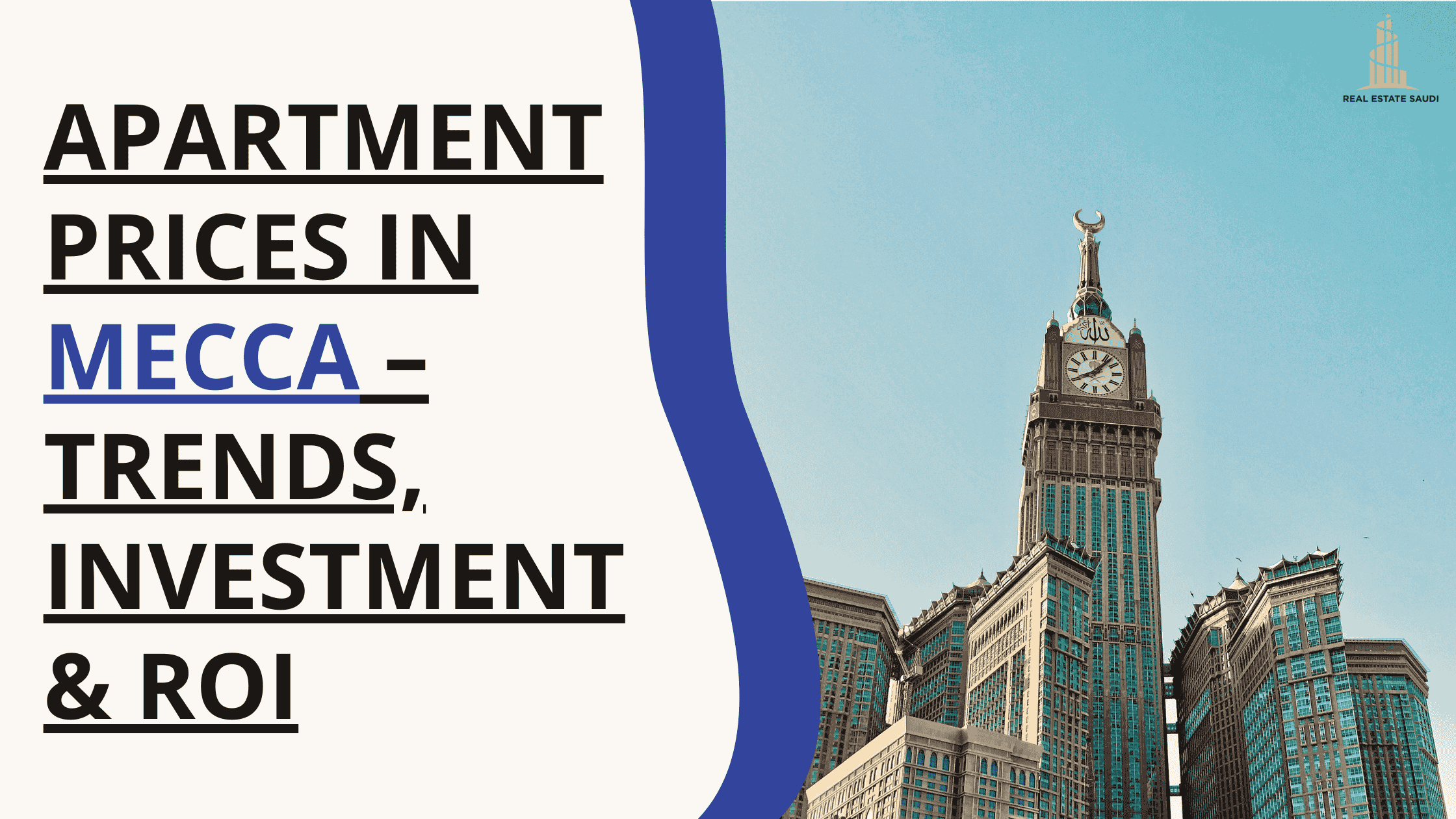1. What Is the Law Governing Foreign Investments in Saudi Arabia?
Saudi Arabia’s dynamic regulatory environment is shaped by the Foreign Investment Law, administered by the Ministry of Investment of Saudi Arabia (MISA). This law plays a foundational role in welcoming global investors and has evolved significantly over recent years. As of 2025, this legislation allows 100% foreign business ownership across most non-strategic sectors, eliminating the need for a local partner. This aligns directly with Vision 2030 foreign investment opportunities, which aim to diversify the Kingdom’s economy beyond oil and embrace innovation, technology, and sustainability.
This forward-thinking law guarantees:
- Equal legal and financial treatment of foreign and Saudi investors
- Full repatriation of capital and profits
- Transparent and independent dispute resolution mechanisms through the Saudi Center for Commercial Arbitration (SCCA)
- Streamlined and digital licensing via the Invest Saudi platform
- Legal protections to ensure fair competition and anti-monopoly practices
📌 Example: In 2024, a Singaporean logistics firm received a MISA license to establish a fully foreign-owned warehousing hub in Dammam’s industrial zone. They leveraged tax incentives, government-backed financing, and built a key supply chain node serving the GCC region.
Read: The Best Real Estate Companies in Mecca
2. What Activities Are Permitted for Foreign Investors in Saudi Arabia?
According to the foreign investment law Saudi Arabia 2025, foreign investors now have access to a vast range of sectors that are crucial to the country’s growth under Vision 2030. Let’s explore the sectors currently open for international business ownership:
2.1 Industrial Sector
- Advanced manufacturing including petrochemicals, food processing, and pharmaceuticals
- Robotics, automated production lines, and 3D printing technologies
- Industrial parks in KAEC, Jazan, and Yanbu offering logistical and tax benefits
- R&D-driven projects aimed at industrial innovation and sustainability
📌 Saudi Arabia’s push for localization has opened doors for international companies to build supply chains and assembly units that reduce reliance on imports.
2.2 Energy Sector
- Solar farms, wind power projects, and geothermal energy exploration
- Desalination and wastewater treatment projects
- Hydrogen economy development via NEOM’s $8.4 billion Green Hydrogen Project
- Participation in independent water and power projects (IWPPs) under public-private models
📌 Foreign investors can now hold stakes in multi-billion riyal renewable projects supported by sovereign wealth funds and climate transition policies.
2.3 Technology and Telecommunications Sector
- AI-driven services, 5G networks, cloud infrastructure, and data centers
- Fintech applications licensed under the Saudi Central Bank’s (SAMA) regulatory sandbox
- Smart cities, IoT infrastructure, and cybersecurity startups
- Innovation hubs like Digital Valley, NEOM’s tech ecosystem, and Digital Sandbox incubators
📌 Ownership rates in IT ventures have crossed 70% by 2025 as Saudi Arabia rapidly moves toward a digital economy.
2.4 Education Sector
- International K-12 schools, private universities, and executive MBA centers
- E-learning platforms, AI-enhanced classrooms, and hybrid education startups
- Vocational training aligned with labor market needs and government funding
- Opportunities to develop campuses under long-term land lease programs
📌 Example: A UK university inaugurated its first fully foreign-owned campus in Riyadh in 2024, offering globally accredited programs in business and engineering.
2.5 Healthcare Sector
- Private hospitals, diagnostic labs, rehabilitation centers
- Telemedicine apps and virtual health services
- Medical research facilities, biotech investments, and pharma plants
- Home healthcare services, wearable health tech, and chronic care platforms
📌 A German healthtech firm recently expanded into Riyadh and Jeddah to provide integrated services under Vision 2030’s health transformation program.
2.6 Tourism and Entertainment Sector
- Resort developments, eco-tourism projects, and desert adventures
- Cultural heritage restoration and historical site management
- Cruise tourism infrastructure and aviation-linked hospitality chains
- Event management firms handling concerts, film, and gaming festivals
📌 Flagship destinations such as Qiddiya, Red Sea Global, and Diriyah Gate now welcome foreign co-investment in infrastructure and operations.
2.7 Trade and Retail Sector
- Hypermarkets, boutique retail chains, and fashion franchises
- E-commerce platforms, fulfillment logistics, and digital payments
- Cross-border B2B and B2C trading platforms
- Franchise operations from F&B to luxury goods
📌 Saudi Arabia’s middle class is expanding rapidly, making retail and e-commerce some of the fastest-growing sectors for foreign entry.
Read: Apartment Rentals in Saudi Arabia
3. What Are the Advantages and Facilities Offered to Foreign Investors in Saudi Arabia?
Foreign investors in Saudi Arabia benefit from a wide array of advantages that combine legal clarity, economic incentives, and infrastructure readiness:
- 100% ownership rights for most non-strategic sectors
- No personal income tax and low corporate tax
- Duty-free access in Special Economic Zones (SEZs)
- Accelerated licensing via MISA’s One-Stop Shop
- Access to government-backed loans and venture capital
- Subsidized office and industrial space in designated investment zones
- Long-term land leases and real estate opportunities
| City | SEZ Support | Key Sectors | Ease of Licensing |
|---|---|---|---|
| Riyadh | Strong | Tech, Healthcare, Finance | Very High |
| Jeddah | Medium | Tourism, Retail, Healthcare | High |
| KAEC | Advanced | Industry, Logistics, Manufacturing | High |
📌 MISA also provides after-care services for investors including renewals, expansion permits, and regulatory support.
Read: The Real Estate Market in Riyadh
4. What Activities Are Prohibited for Foreign Investors in Saudi Arabia?
Some sectors remain on the MISA Negative List, where foreign investment is either restricted or prohibited to protect national interests:
- Upstream oil and gas exploration and extraction
- Arms and military equipment manufacturing
- Security services and law enforcement technologies
- Broadcasting, TV and radio production, and newspaper publishing
- Certain public transportation and land logistics services
Real estate in Mecca and Madinah: As of January 2025, foreign investors can invest in real estate in Mecca and Madinah through publicly listed companies on the Saudi Stock Exchange (Tadawul) that own or manage real estate in the holy cities. Conditions include:
- A 49% cap on foreign ownership in any one company
- Strategic foreign investors may require additional regulatory approval
📌 This reform supports capital market development while safeguarding cultural and national sensitivities.
Read: Real Estate Market in Mecca
5. What Is the Foreign Investment Policy of Saudi Arabia?
Saudi Arabia’s foreign investment policy promotes a stable, transparent, and investor-friendly ecosystem. With MISA as the central coordinating authority, the country offers strong legal backing and attractive benefits for international investors.
Key policy highlights:
- Sector-specific liberalization aligned with Vision 2030
- Real-time digital processing of applications via Invest Saudi
- Financial support schemes for startups and green technology
- Legal clarity on ownership rights and dispute resolution
📌 Policy reforms in 2024–2025 have notably enhanced transparency and investor protection.
Read: Real Estate Consulting in Saudi Arabia
6. Can a Foreigner Own 100% of a Business in Saudi Arabia?
✅ Yes. Most sectors allow full foreign business ownership in Saudi Arabia, eliminating the need for a Saudi partner. This includes key areas such as technology, education, healthcare, logistics, and tourism.
📌 Strategic sectors like oil exploration, defense, and national media remain restricted.
Read: Law of Real Estate Ownership and Investment by Non-Saudis
7. What Is Required for a Foreign Investment License in Saudi Arabia?
To obtain a MISA investment license, foreign applicants need:
- A comprehensive business plan aligned with national priorities
- Notarized and translated incorporation documents
- Proof of financial solvency or audited reports
- Valid identification and shareholder details
- Industry-specific approvals when needed
📌 Submissions are handled via the Invest Saudi portal with live support and application tracking.
8. Can Expats Invest in Saudi Arabia?
✅ Yes. Can expats invest in Saudi Arabia? Definitely. Expat investors are welcomed across a wide range of sectors, including:
- Real estate (excluding direct ownership in certain holy sites unless via listed firms)
- Healthcare and education
- Retail franchises and logistics
- Hospitality and tourism
📌 Expats can also apply for Premium Residency, granting long-term rights to live, work, and invest freely.
9. Can a Foreigner Invest in Saudi Arabia?
✅ Yes. How to invest in Saudi Arabia as a foreigner? Follow this process:
- Choose a permitted sector
- Apply for a MISA investment license
- Register your entity with the Ministry of Commerce
- Lease or purchase suitable premises
✅ Real estate investment for foreigners in Saudi Arabia has expanded in 2025 with the inclusion of Mecca and Madinah under indirect ownership through listed firms.
📌 This change boosts real estate liquidity while maintaining cultural safeguards.
10. Real Estate Saudi’s Advice for Foreign Investors in Saudi Arabia
Planning to invest in Saudi Arabia? Here’s what our experts recommend:
- Start with thorough market research
- Match your business goals with Vision 2030 sectors
- Understand local licensing, labor, and tax regulations
- Work with licensed local advisors where needed
- Take full advantage of government-backed incentives
📌 “We help foreign investors enter Saudi Arabia with strategy, speed, and full legal clarity.” — Real Estate Saudi Advisor
11. For All Real Estate Needs in Saudi Arabia, Consult Real Estate Saudi
At Real Estate Saudi, we provide tailored solutions for international investors. Whether you’re entering the market or scaling operations, we assist with:
- End-to-end investment support and compliance
- Property acquisition and development
- Location analysis and real estate consulting
- Legal advisory and licensing procedures
🎯 Want to invest in Saudi Arabia with clarity and confidence? Book your free consultation with Real Estate Saudi and explore the right sectors for your global investment journey.
Certain FAQs
What are the most profitable sectors for foreign investment in Saudi Arabia?
The most profitable sectors for foreign investors include renewable energy, real estate development, healthcare services, logistics, and fintech. These industries align with Vision 2030 foreign investment opportunities and offer tax incentives, streamlined licensing, and access to infrastructure through Saudi Arabia’s Special Economic Zones (SEZs).
How do I get a MISA investment license as a foreign investor?
To get a MISA investment license, investors must submit a business plan, legal documents, and proof of financial capability through the Invest Saudi portal. The process is fully digital and accelerated for high-priority sectors under Saudi Arabia’s foreign investment law.
Can foreigners invest in Saudi real estate, including Mecca and Madinah?
Yes, foreigners can invest in Saudi real estate, including Mecca and Madinah, through publicly listed companies on Tadawul that own or manage property in these holy cities. Direct ownership remains restricted, but this legal route allows for indirect investment in high-demand locations.
Is Saudi Arabia safe and stable for foreign investors?
Yes. Saudi Arabia offers a stable and transparent environment for foreign investment, supported by strong legal protections and government oversight. Investor rights are upheld by the Saudi Center for Commercial Arbitration (SCCA), and regulatory reforms continue to enhance the ease of doing business.
What is the minimum capital required for foreign investment in Saudi Arabia?
The minimum capital requirement varies by sector. For retail, tech, or services, it can start from SAR 500,000 (approximately $133,000 USD). Capital thresholds are higher for sectors like industrial manufacturing and energy, depending on the project scope and MISA’s licensing standards.





